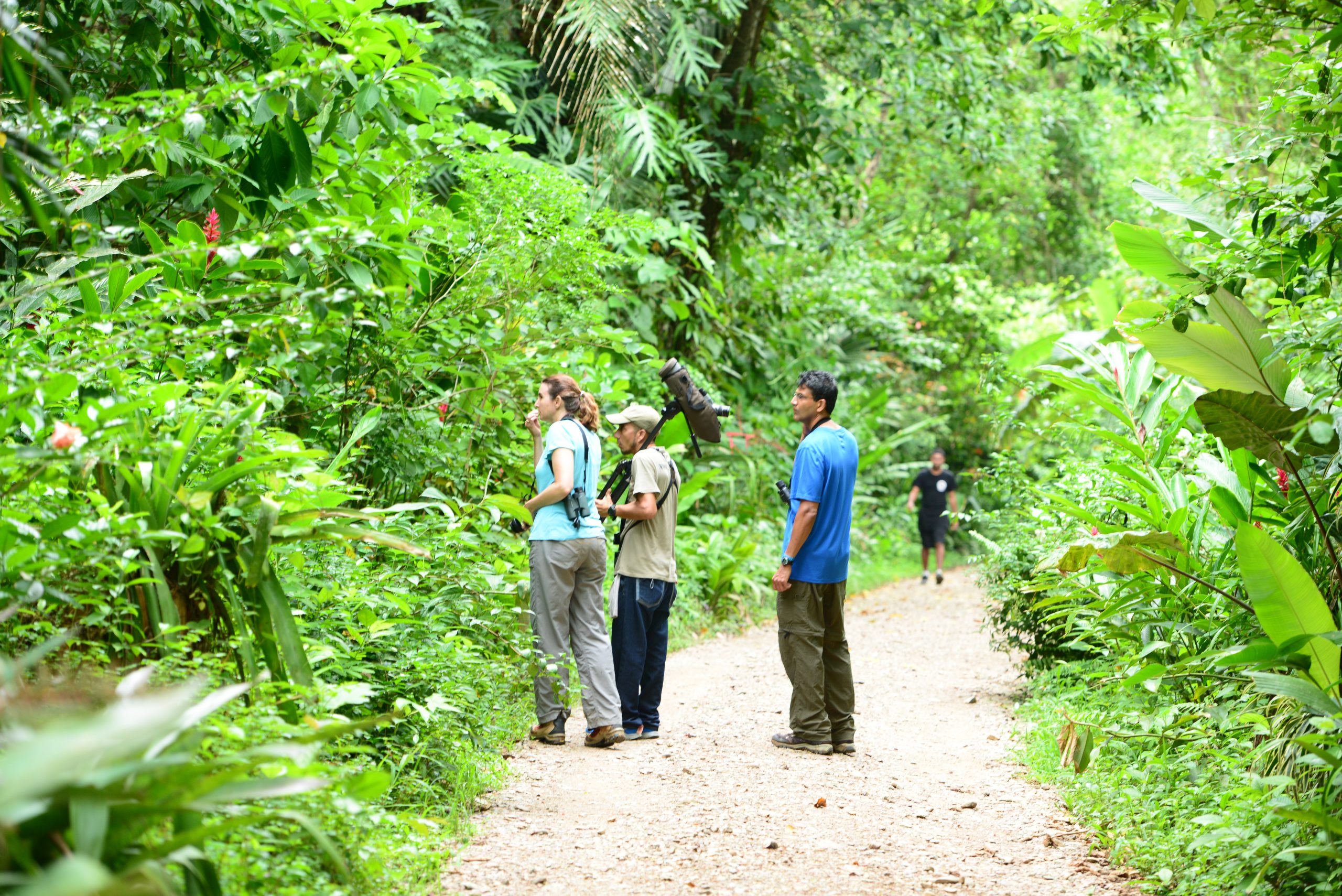A lesson for all time

The COVID-19 pandemic taught us about individual choices for collective action. The scary, unimaginable, global catastrophe that quickly unfolded in 2020 created a new level of civic consciousness. Never has there been a time in recent history where we truly understood how we affected each other. It might be difficult to recall now, but the pandemic shut travel down, shut trade down, shut commerce, work, school, entertainment, and life as we knew it was shut down. Essential workers bravely took care of public health as the rest of the public did its part by following the pandemic restrictions. A new status quo was adopted and we understood how one individual could affect our households, our neighbourhoods, our communities, and the entire country. To stay healthy, we relied on credible information, science, and collective action. We kept our hands cleaner, we wore masks, and we social distanced to keep each other safe. The pandemic exposed the extent to which individual actions affect the wellbeing of the collective. The pandemic is over now but that is not to say that its lessons should be forgotten.
One current environmental and public concern is our sustainability consciousness. Sustainability is the concern for how we continue to develop without depleting our natural and physical resources. The United Nations define sustainability as “meeting the needs of the present without compromising the ability of future generations to meet their own needs.” That definition inspires the same collective care that was applied during the pandemic- what we do individually now affects others and our future later. ‘Sustainability’ is a word that is mentioned a lot so what does sustainability look like for Belize? Our sustainability is demonstrated in how we conserve natural resources used in economic production, how we protect natural ecosystems so that we continue to have a healthy environment to live in with clean water and air, and it is shown in how we actively try to eradicate poverty and combat inequality in our country. All local industries and sectors depend on sustainability but it is our tourism that is especially affected since sustainable tourism is only successful if it can generate long-term employment for Belizeans while meeting the needs of travellers and having a low impact on our natural resources.
Unlike COVID- 19, sustainability practices will not go away. The harmonious coexistence between us and our environment should only be improved. The mission of the Ministry of Tourism and Diaspora Relations is to “promote sustainable economic growth through responsible tourism development, local engagement, and good governance”. This mission is implemented through governance, sector coordination, policy development, tourism planning and resource mobilization, regulatory framework, project execution, and its facilitation in trade and external relation. The ministry’s commitment to sustainability is the proverbial medical mask that benefits our economic development and public health through the protection of the environment. That “mask” has helped to ensure our global recognition as the “quintessential location” to host the 2024 World Travel Sustainability and Hospitality Awards (WTSHA) in September. Belize was selected as the official host for its commitment to responsible tourism, environmental stewardship, and community-centric tourism. As host, Belize will share its eco-conscious practices and play a role in shaping environmental conservationism. The ministry has its mission but it continues to take individual responsibility for us to achieve our holistic sustainability potential. We must not forget the lessons from the pandemic as we continue to recover from it. Good individual choices lead to better collective action for a sustainable future.
Chat again later.
Jasmine Anderson
For the Belize Tourism Board
